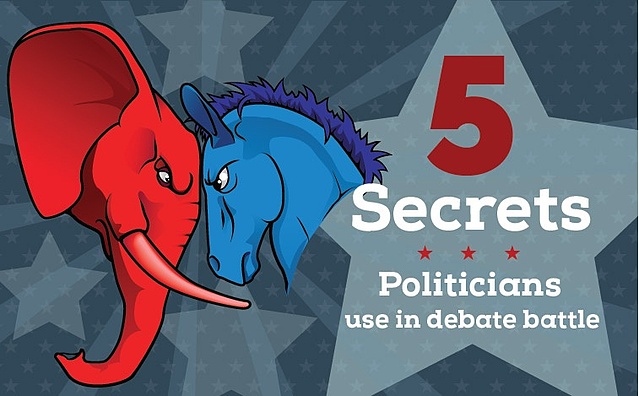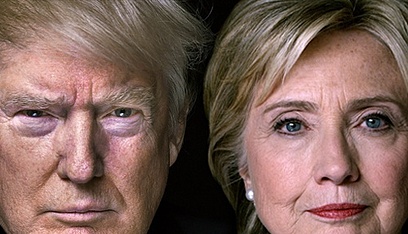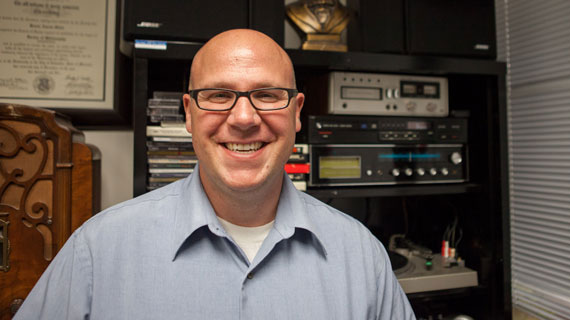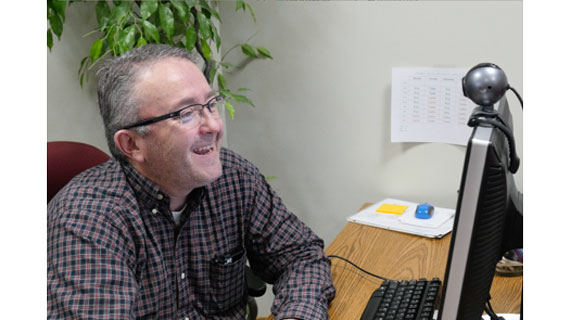Debate Battle: 5 Strategies Politicians Use
Posted: September 26, 2016 | Author: Southern Utah University | Read Time: 3 minutes
 Announcements. Polls. Ads. Debates. Attacks. Policies. We’ve been inundated with presidential campaign news since early 2015, but what do all of these messages mean?
Announcements. Polls. Ads. Debates. Attacks. Policies. We’ve been inundated with presidential campaign news since early 2015, but what do all of these messages mean?
Kevin Stein, associate professor of Communication at Southern Utah University, researches the content of political campaign messaging, and shares strategies to look for when watching the news. The difference between political scientists and political communication researchers is that the latter focus exclusively on messaging. Stein analyzes political messages in all forms, including social media, TV news coverage, talk show appearances, debates and speeches.
To help you understand the 2016 campaign, here are 5 communication secrets politicians know:
- Turn to technology. These days, voters can get a good idea of the candidates’ personalities by scrolling through their Twitter feeds (Twitter stalking), YouTube videos, Snapchat stories and Instagram posts. “With the way technology and social media have evolved, this is a really unfiltered kind of campaign,” Stein says. “If you want to get a sense of the candidate's personality, and if you’re voting on a candidate's character, then we’re living in a great environment for glimpsing that, because it’s not controlled anymore.”
- Storytelling is key. Narratives are a powerful tool on the campaign trail. Research shows that voters are more compelled by narrative and emotional content than by traditional arguments like facts and statistics. In order to resonate with their audiences, candidates must know how to tell an effective story. Stein explains that candidates are more real and speak more candidly when they have stories in their back pocket to share with voters. Stein says, “The key to winning a campaign is votes. And if a candidate believes they can change voters’ attitudes about their campaign by telling a story rather than sharing a statistic, of course they will choose to do that.”
- Look for clash. How much are the candidates engaging one another on the issues? Not as much as we may think. “Especially during the primary election, candidates don’t engage with one another too much on the issues themselves,” Stein says. “When there is some kind of engagement, it’s based on a candidate’s character or something that they perceive will be seen as negative, and when that occurs, they feel they have to defend themselves.
- Expect character attacks. Traditionally, debates and ads have been overwhelmingly positive, meaning candidates are acclaiming themselves and their accomplishments. Stein suspects, however, that there is more attacking than acclaiming in this particular campaign. “That could represent a real shift in the traditional decorum and maturity of debates,” Stein says. He explains that policy and character are the two chief topics discussed during a campaign, but during the primary election, there is much more attacking and discussion of character rather than policy. This will change at the general election stage, he says, because the Democratic and Republican nominees have more starkly defined policy differences to debate.
- Non-verbal communication matters. Smiling, blinking, eye rolling, arm folding. Non-verbal cues make a difference in voters’ perceptions of a candidate, especially in a political debate. That’s because voters want to see how the candidates act under pressure. Stein says that when candidates negotiate before a debate, they usually try to limit the amount of reaction shots or side-by-side shots the cameras can take, illustrating just how worried they are about how their non-verbal cues are perceived by the audience. “We don’t always vote for candidates based on their policies; we vote for people that we like, which is why non-verbal cues really contribute to a candidate's likeability,” Stein explains.
Now that you’re equipped with these 5 communication facts, start noticing which strategies the candidates use by watching the upcoming presidential debates. Keep up on your election news so you’ll be ready to vote.
This article was published more than 3 years ago and might contain outdated information or broken links. As a result, its accuracy cannot be guaranteed.




